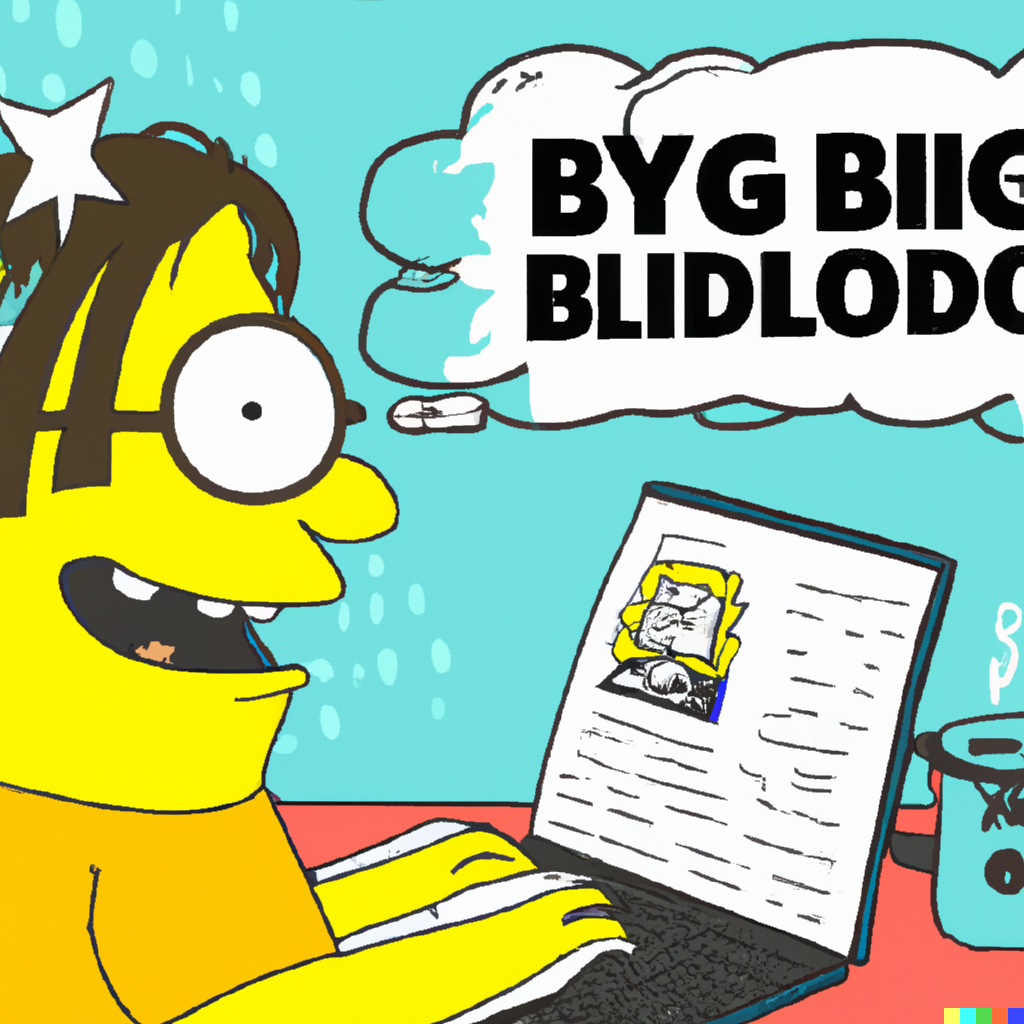For all of this year in the myriad forums and news outlets I haunt regularly, there’s been a running debate on AI copywriting and its impact on SEO.
Generative AI (Artificial Intelligence) and Large Language Models (LLMs) like ChatGPT broke into the mainstream consciousness late in 2022 as one of the first easily accessible and powerful tools for the average person to experience AI first-hand.
But generative AI has been making in-roads in the content generation space for much longer, it was just more niche. Tools like jasper.ai and copy.ai have been aiding copywriters for a few years now. OpenAI’s ChatGPT 3 was just the first easily accessible tool that went viral, and Google’s Bard receives increasing press as well.
I’ve used most of the mainstream generative AI tools now, and while they’re fun for accelerating content and idea generation, none provide a single point-and-click solution to creating great copy – particularly for anyone who cares about quality and an engaging user experience.
Any decent copywriter or editor who’s spent time working with these tools will tell you: they can do a lot, but the content simply isn’t up to human standards.
Or at least, not my standards. =)
Raw AI-generated content is generally pretty easy to spot; I’ve had clients send me 2000 words that were so blatantly straight from ChatGPT, I couldn’t help but chuckle. And then edit them!
That could change. I recognize that these systems are evolving rapidly, and the ability to mimic human-generated content is improving quickly. I’m prepared to eat crow, but not quite yet.

AI Detectors? Yawn.
I also see considerable equivocating about “AI detectors” and whether “Google will know its AI!”
Google has said explicitly that AI-generated content alone doesn’t disqualify a website from landing in search results. Using AI to create content isn’t cheating, per se, but using AI “to manipulate search results” may cross a line for Google.
Here’s how Google puts it on the Google Search Central Blog:
“Google’s ranking systems aim to reward original, high-quality content that demonstrates qualities of what we call E-E-A-T: expertise, experience, authoritativeness, and trustworthiness. We share more about this in our How Search Works site. Our focus on the quality of content, rather than how content is produced, is a useful guide that has helped us deliver reliable, high quality results to users for years.”
And, I just think raw AI content isn’t that good, and (famous last words) I can generally spot AI outputs pretty quickly.
The rub for Google won’t be whether content was created with AI, rather whether it truly helps users solve problems and find solutions online. I suspect that Google will get better at this, recognizing when content is written “for search engines by AI” or written to genuinely help people.
My Bottom Line on AI Content
At Niche Copyworks, we sometimes use AI tools for idea generation or brainstorming, but not for raw copywriting.
As my boat captain in Alaska 15 years ago used to say, “that ain’t gonna get it” when it comes to content written by AI.
While we’ll let the emerging data on AI and SEO lead us in the right direction for small businesses looking to get found online, I do think one thing will remain constant: good businesses that do great work online – by helping users solve a problem (which can be with quality educational content) – will continue to win in search.
How that plays out will undoubtedly evolve, but we will too.


